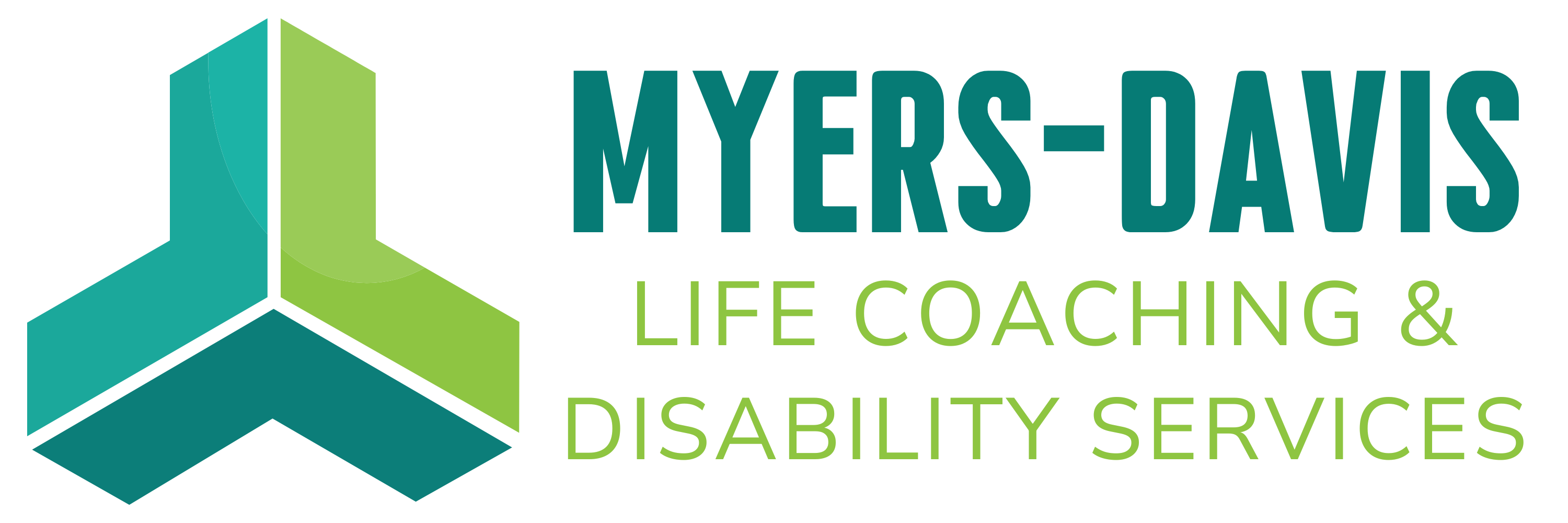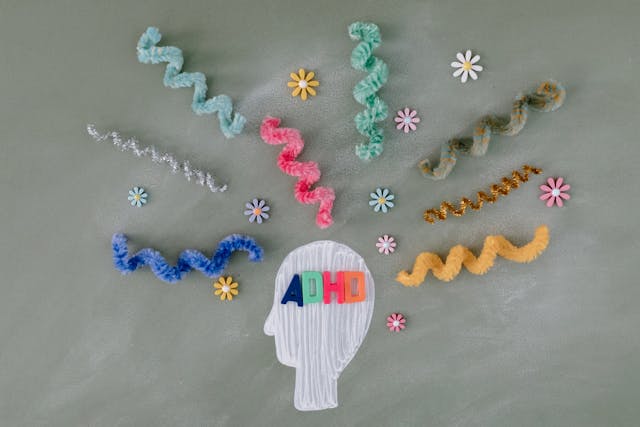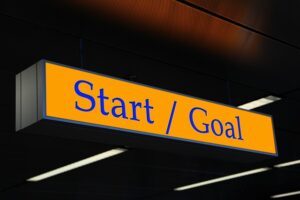At this rate “Dealing with XYZ at Work” may become a recurring way for me to talk through my own barriers to productivity and mental health blocks at work. I was diagnosed with ADHD shortly after college (perfect timing, huh?). Still a decade later I get questions like “Why do you think you have ADHD you can focus on *insert subject of hyper-fixation here*. I don’t think you have ADHD you just don’t care.” I’m quite sure all ADHD’ers, especially good maskers have heard something similar.
Below are some of the tricks that have worked best for me through the course of my professional career. Some I learned after diagnosis and implemented. Some are things that just work for me that I’ve discovered or have always done and didn’t realize it was because of ADHD. Also of note: I am a sensory seeker so if you’re over-stimulated easily maybe ignore my last few suggestions. 😉
- The Two-Minute Rule. If it will take you less than two minutes, do it immediately. It seems simple but ADHD’ers know all about task avoidance and how a small, simple task can end up taking weeks or months and mutate into a huge stressor that seems insurmountable.
- To-Do List/Task List. Let me tell you I have more planners with one week used than you can fathom. Planners that start in January or that start in August. Planners that span even two years. I want to be a paper planner girl so badly I can taste it, but I’m just not. It’s basically just live and die by sticky notes, task lists, and my Outlook Calendar. I keep a physical list of my daily tasks and a running to do list of anything incidental that comes up. The satisfaction of a fully crossed out list is second to none.
- Time Blocking. In the same vein as the to do/tasks lists, I structure my day so I know, generally, what I am working on when. It keeps me focused by acting as a mini-deadline. I know once the allotted time is up, I won’t be returning to a task that day.
- The Pomodoro Technique. This is one I employ more at home than in work, especially with cleaning my house. Set a timer for 25 minutes, work on the task at hand, when the timer goes off, take a 5-minute break, then reset at 25 minutes. After the 4th cycle, rather than a 5-minute break, take a longer break of half an hour to an hour. Then start again.
- Dedicated Work Space. This is especially important if you work from home. It’s hard to get in the right headspace to work while in office sometimes. If you are trying to work in the room where you usually relax, your brain may not trigger that it’s time to work no matter how many tips you implement. If you work from home in a small space, like a one-bedroom apartment, even something simple such as having a chair you never sit in unless you’re working can help.
- White Board. If my love of sticky notes didn’t clue you in, I love writing things down. The best way I brainstorm/keep up with eventual deadlines/visualize projects is on a giant white board. I can easily change tactics or erase and rewrite unlike if I’m trying to organize my thoughts on paper. I requested a white board first thing for my office when I joined the team here at MDLC.
- Background Noise. This is the one you may want to ignore if you’re not sensory seeking. I am always listening to either a podcast or some type of music while I’m working. If I’m working on something that requires 100% focus, I listen to a jazz station on Spotify, or my fave no words music: Vitamin String Quartet. I also love listening to DJ Mixes so I get samples of songs. This helps to not fall into the trap of searching for the perfect song instead of actually doing my work.
Let me know your suggestions too. I am always open to trying new strategies for managing my ADHD, especially at work.
Be blessed!
-Alexandra McClain, Veteran Services Director for Myers-Davis Life Coaching (and fellow ADHD’er)



